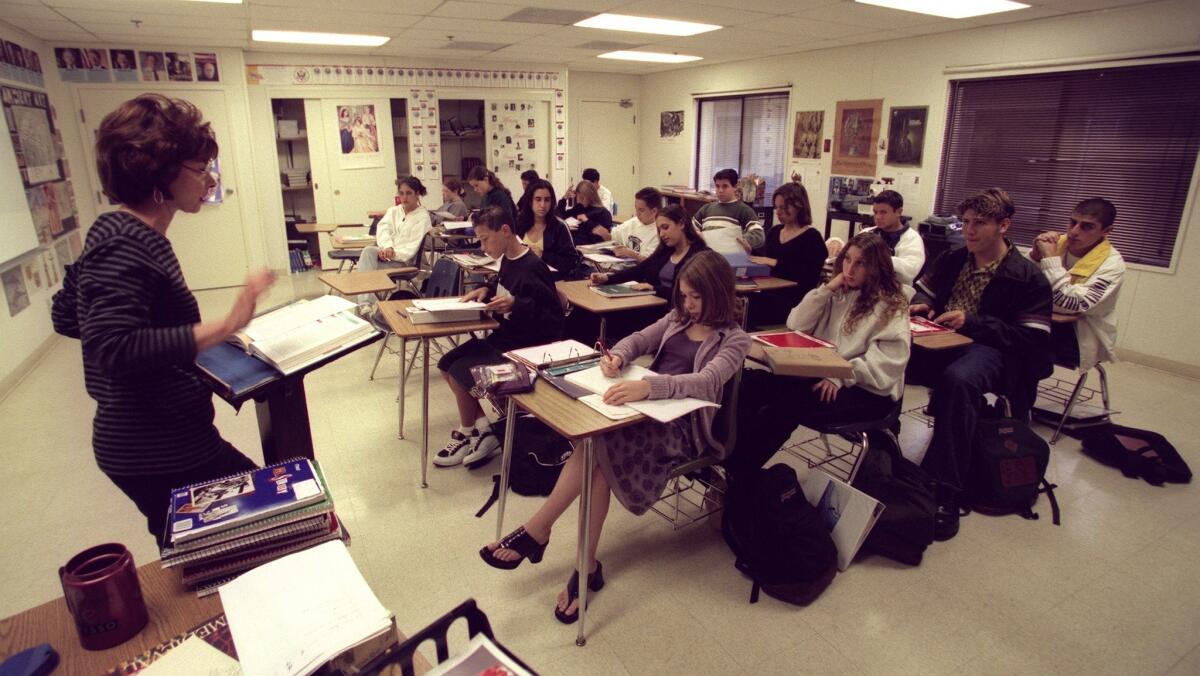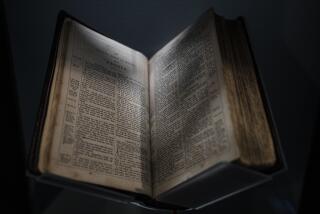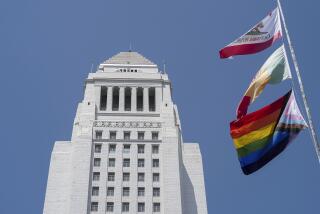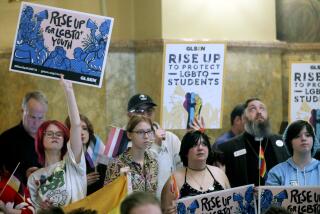Kansas and the right to free expression

Last week, by a vote of 26-14, the Kansas Senate passed SB 56, a bill that amends the state’s existing public morals law by striking an exemption that protects teachers from prosecution for exposing students to “harmful material.”
The bill -- which now goes to the House, and then, should it pass there, on to Gov. Sam Brownback, who could sign it into law -- was introduced by Republican state Sen. Mary Pilcher-Cook after a middle-school parent complained about a sex education poster suggesting oral and anal sex, as well as touching each other’s genitals, in response to the question “How do people express their sexual feelings?”
“Pornography and obscene materials are becoming more and more prevalent in our society,” Pilcher said, “and it is all too common to hear of cases where children are not being protected from the harm it inflicts.”
Here we are again, with the amorphous specter of public morals used to stifle free expression.
On the face of it, it’s hard to argue with Pilcher-Cook’s intentions. What parent wants his or her child exposed to pornography? But the question is, as it has ever been, what constitutes pornography and who makes the rules. Last week, reported the Kansas City Star, “Rep. Joseph Scapa, a Wichita Republican, called a book by Toni Morrison, a Nobel Prize-winning author, pornographic.”
Does it need to be said again that teachers should have the freedom to determine what is read and discussed in their classrooms, that education is not about indoctrination but about the interplay of ideas? One of the most resonant courses I ever took, a survey of 20th century European intellectual history, had “Mein Kampf” on its syllabus, not to enforce its venal social vision but rather to teach us, the students, to refute it on its terms.
This is what school is for, to encourage engagement, to acknowledge the widest possible array of ideas. This includes -- demands -- work that makes us feel uncomfortable, about history, sexuality, gender, race.
For me, the attack on one book is an attack on all. And standing up for free expression means standing up for everything, regardless of how we feel about what it says.
Where are the parents in Kansas? Why aren’t they talking with their kids about what they read? When my son was a senior in high school, assigned to read “Lolita,” he and I discussed at length the way Nabokov subverts our expectations, our moral compasses, by leading us to empathize with the pedophile Humbert Humbert.
Does this mean Nabokov was a pedophile? Of course not. Nor is his novel pornography. The same might be said of “Song of Solomon,” “Naked Lunch,” “The Well of Loneliness” -- or, for that matter, John Green’s “Looking for Alaska,” which in a notable (and much challenged) scene features one high school girl teaching another how to perform oral sex.
My daughter, who is in 10th grade, has read that book; she and I have talked about the scene. Why? Because hiding such material from our children doesn’t protect them; it does the opposite, pretending that the world they see, the world in which they live, somehow doesn’t (or ought not to) exist.
That is what art, what literature, has in common with teaching -- they all, at their most resonant, traffic in the real. They speak to us of true emotions, of contradictions and confusions, the murky intentions and effect of adult life.
As SB 56 moves to the Kansas House, this is what we need to remember: That those who, like Pilcher-Cook, seek to criminalize expression are in fact committing the true, and most egregious, offense.
Twitter: @davidulin
More to Read
Sign up for our Book Club newsletter
Get the latest news, events and more from the Los Angeles Times Book Club, and help us get L.A. reading and talking.
You may occasionally receive promotional content from the Los Angeles Times.









